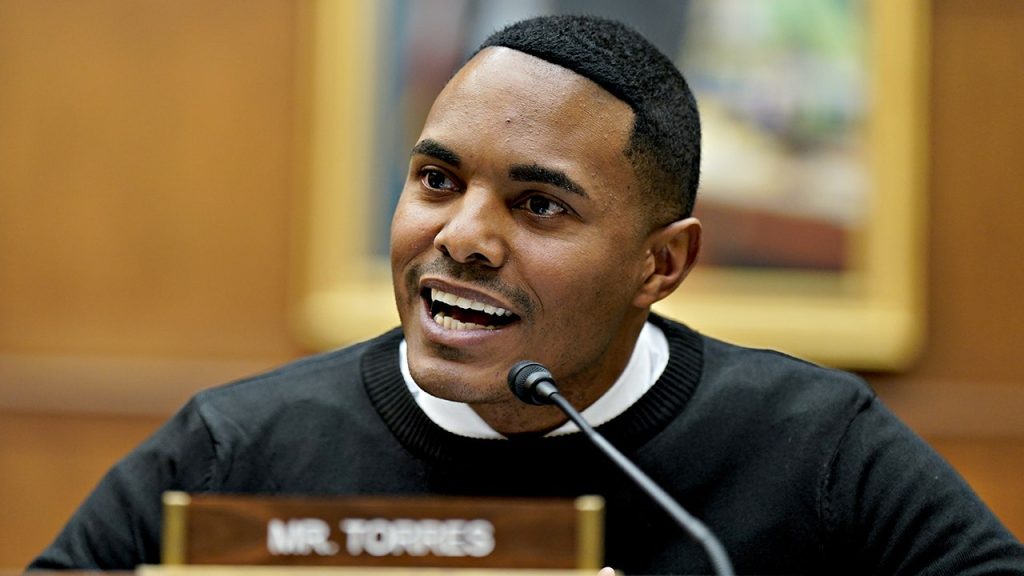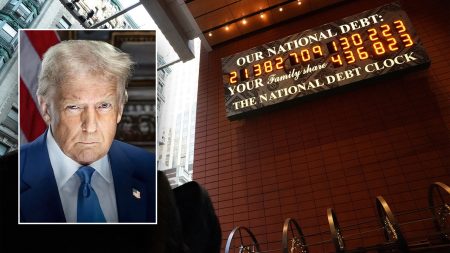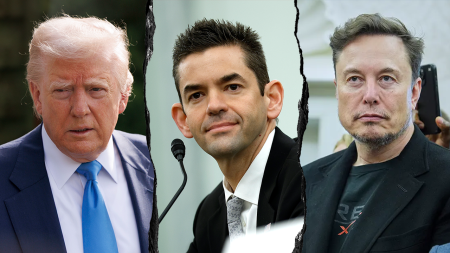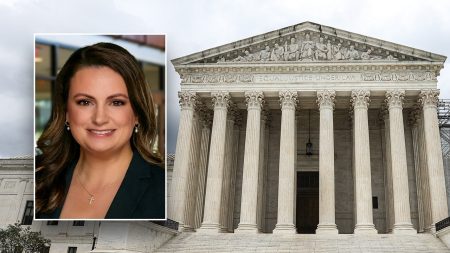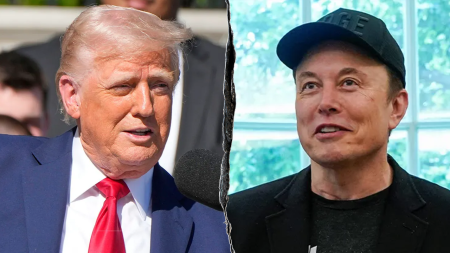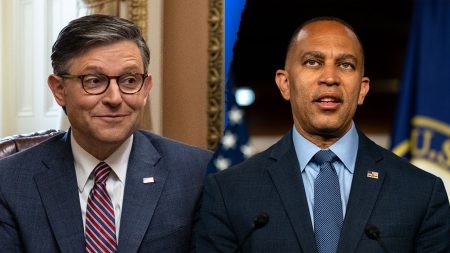Representative Ritchie Torres, a Democratic Congressman from New York, is contemplating a gubernatorial run in 2026, setting the stage for a potential intra-party clash with incumbent Governor Kathy Hochul. Torres has gained national attention through his vocal criticism of progressive criminal justice policies and Hochul’s governance, signaling a potential shift within the Democratic party and a possibly contentious primary battle. He has accused Hochul of “coded stereotyping” and a lack of understanding of communities of color, demonstrating a willingness to directly challenge the current leadership. This potential challenge comes as Hochul faces criticism not only from within her own party but also from Republicans who see Torres echoing their concerns about the state’s political direction.
Torres’s criticisms extend beyond Hochul to encompass other prominent figures within the Democratic establishment. He has taken aim at New York City Mayor Eric Adams for employing a staffer accused of removing posters of Israeli hostages, denouncing antisemitism and emphasizing that such behavior would be intolerable under his leadership. Further highlighting his break from the progressive wing of the party, Torres was among the first Democrats to attribute Vice President Kamala Harris’s hypothetical loss to former President Trump in the 2024 election to the far left’s alienation of various minority groups from the Democratic Party. This stance underscores his positioning as a moderate Democrat willing to challenge progressive orthodoxy.
Torres has also criticized New York’s business regulations as detrimental to economic growth, echoing Republican concerns about the state’s business climate. This confluence of criticisms with those of the opposing party highlights the potential for a realignment of political discourse within the state. His departure from the Congressional Progressive Caucus (CPC) earlier this year due to disagreements regarding Israel further solidifies his distancing from the progressive wing. This move, combined with his pointed critiques of Hochul and Adams, suggests a strategic recalibration toward a more centrist platform, potentially appealing to a broader electorate.
Republican Congressman Nick Langworthy, former chair of the New York State Republican Party, acknowledges Torres’s criticisms of Hochul mirror Republican concerns, suggesting a degree of bipartisan agreement on the state’s current challenges. However, Langworthy dismisses Torres’s attacks on progressivism as political maneuvering, attributing them to Hochul’s perceived failures and the perceived success of Trump’s platform. This interpretation frames Torres’s critiques as opportunistic rather than principled, highlighting the partisan divide that continues to exist despite some overlapping criticisms of the current administration.
Torres’s potential gubernatorial bid comes as he actively raises his national profile, possibly laying the groundwork for a broader political future. His willingness to publicly challenge established figures within his own party indicates a strategic calculation to differentiate himself and appeal to a wider range of voters. By staking out positions on controversial issues like criminal justice reform and Israel, Torres is carving out a unique space within the Democratic party, potentially positioning himself as a future leader of a more moderate faction.
Governor Hochul, in response to Torres’s criticisms, has dismissed them as distractions from the work of governing, suggesting that focusing on an election two years away is a disservice to constituents. This dismissive response reflects the inherent tension between an incumbent focused on the present and a challenger looking toward the future. It also underscores the potential for a highly charged primary battle if Torres decides to formally challenge Hochul for the governorship. The unfolding political dynamic will likely continue to evolve as 2026 approaches, with both Torres and Hochul navigating a complex political landscape in the lead-up to the election.




